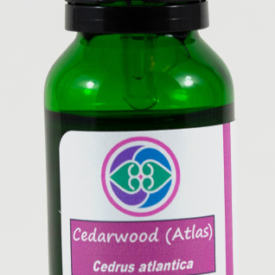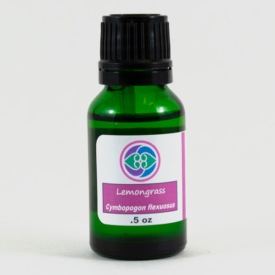Ginger Essential Oil
Botanical Name: Zingiber officinale
A middle note with a medium aroma, this Essential Oil is reminiscent of fresh ginger.
$19.99
In stock
Description
Ginger Root – Fresh Essential Oil
Main Constituent:
Zingiberene: >10%
Origin: Indonesia
Plant Description: Ginger, scientifically known as Zingiber officinale, is a flowering plant prized for its rhizomes, which are used as a spice and medicinal herb. It grows in tropical and subtropical regions, boasting tall, leafy stems with lance-shaped leaves and clusters of small, yellowish-green flowers. The rhizomes, or ginger roots, have a pungent aroma and spicy flavor, making them a popular ingredient in culinary dishes, teas, and herbal remedies. Ginger has a long history of use in various cultures for its digestive, anti-inflammatory, and immune-boosting properties, earning it a reputation as a versatile and valued plant.
Plant Part: Root
Processing Method: Steam distillation. Fresh ginger root is macerated and distilled over high heat, from which the oil is extracted.
History of Oil:
The history of ginger essential oil spans centuries and continents. Originating from the rhizomes of the ginger plant (Zingiber officinale), it has been actively utilized in traditional medicine and culinary practices across various cultures.
In ancient times, ginger was revered in India and China for its medicinal properties. It was used to alleviate digestive issues, treat respiratory ailments, and soothe muscle pain and inflammation.
The use of ginger spread along trade routes, reaching ancient Greece and Rome. It became a prized commodity in Europe during the Middle Ages, where it was used to flavor foods, beverages, and medicines.
During the Renaissance, ginger essential oil gained popularity as a fragrance and medicinal remedy. It was used to alleviate nausea, improve digestion, and stimulate circulation.
In the modern era, ginger essential oil continues to be valued for its diverse uses. It is commonly used in aromatherapy for its warming and invigorating aroma, as well as in natural remedies for its anti-inflammatory and analgesic properties.
Today, ginger essential oil remains a staple in natural health and wellness practices, cherished for its rich history and versatile applications.
Benefits/Suggested Uses:
- Ginger oil is commonly used to alleviate digestive discomfort such as indigestion, nausea, and bloating. It may help stimulate digestion and reduce gastrointestinal spasms.
- Ginger oil is often used as a natural remedy for nausea, including morning sickness during pregnancy and motion sickness during travel.
- Ginger oil possesses analgesic properties that may help alleviate various types of pain, including muscle pain, joint pain, and menstrual cramps.
- It may help relieve symptoms of respiratory issues such as coughs, colds, and congestion due to its expectorant properties, which can help loosen mucus and clear the airways.
- Ginger oil has anti-inflammatory properties that may help reduce inflammation associated with conditions like arthritis, rheumatism, and inflammatory skin conditions.
- Ginger oil may help improve circulation and blood flow, which can benefit overall cardiovascular health and promote warmth in the body.
Blends well with: Bergamot, Cardamom, Black Pepper, Spearmint, Orange, Sandalwood, Ylang-ylang, and other spice oils
Harmony Naturals’ Products: Citrus Spice Spray, Single Note, Essential oils blends: Pumpkin Spice, Citrus Spice, Ginger Snaps, Zinger
Cautions: Dilute before use; May cause skin irritation in some individuals; a skin test is recommended prior to use. Contact with eyes should be avoided.
Additional information
| Option | 1/2 oz Single Note Essential Oil |
|---|
Only logged in customers who have purchased this product may leave a review.




Reviews
There are no reviews yet.